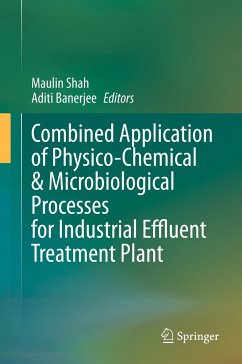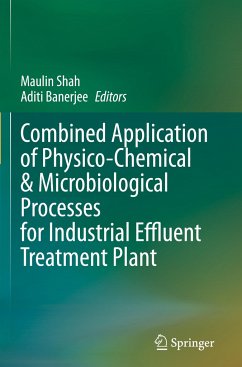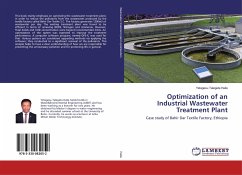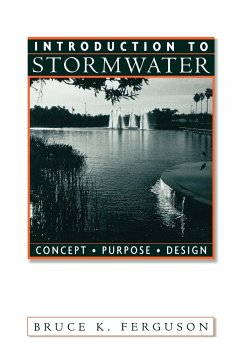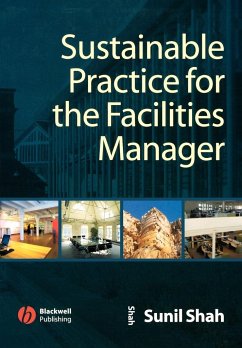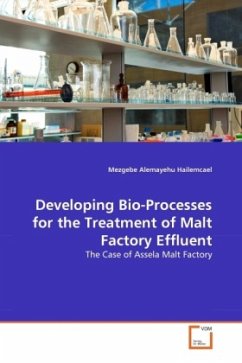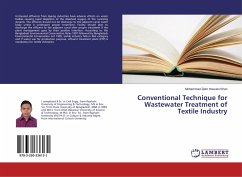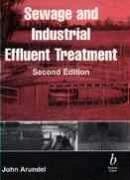
Sewage and Industrial Effluent Treatment
Versandkostenfrei!
Versandfertig in über 4 Wochen
138,99 €
inkl. MwSt.

PAYBACK Punkte
69 °P sammeln!
Legislation is now in place which demands high standards of effluent treatment and waste disposal, both industrial and domestic. This book provides a practical guide for plant managers, operators and consultants to the equipment and techniques available for improving the standard of effluent discharges from factories and treatment plant, to comply with the tougher discharge limits that the regulatory bodies now require. The book reviews both established techniques, showing how to maximise their potential, and new ones, providing a wide range of options from upgrading present plant to trying so...
Legislation is now in place which demands high standards of effluent treatment and waste disposal, both industrial and domestic. This book provides a practical guide for plant managers, operators and consultants to the equipment and techniques available for improving the standard of effluent discharges from factories and treatment plant, to comply with the tougher discharge limits that the regulatory bodies now require. The book reviews both established techniques, showing how to maximise their potential, and new ones, providing a wide range of options from upgrading present plant to trying something new, but with a high chance of success first time. The text concentrates on minimising waste and maximising savings, including recycling. Practicality and simplicity of approach are stressed, with a range of case studies to demonstrate the approach. The book has been updated to include a review of developments since the first edition was published and features a new chapter on cesspools, septic tanks and small treatment plant.



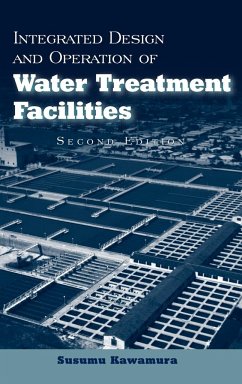
![Cost Estimating Manual for Water Treatment Facilities [With CDROM] Cover Cost Estimating Manual for Water Treatment Facilities [With CDROM]](https://bilder.buecher.de/produkte/25/25077/25077481n.jpg)
